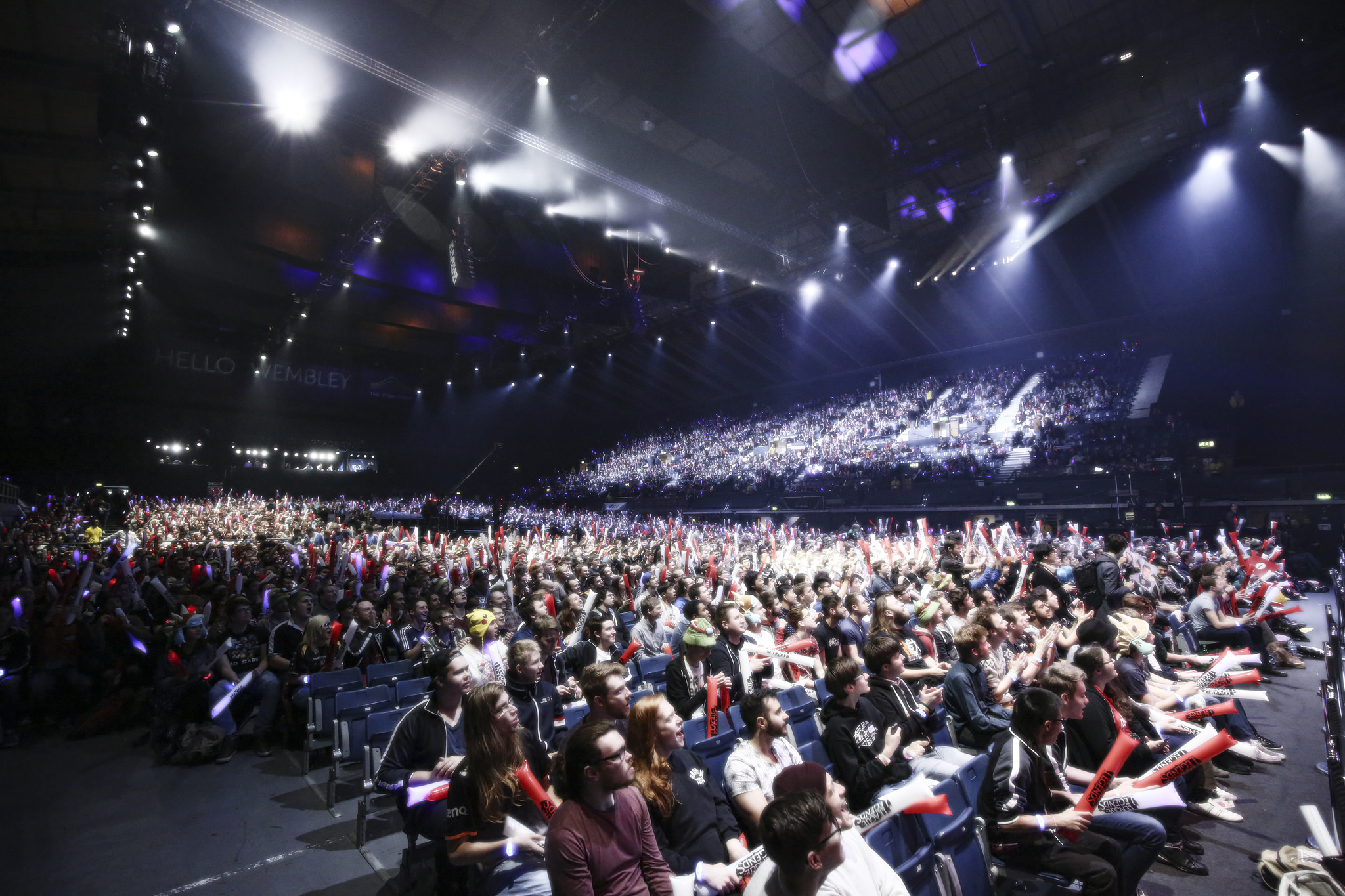In many ways, 2015 is a banner year for esports.
There’s record prize money. There’s record viewership. And there’s record investment funneling into the industry. But it was also a banner year in malfeasance. We saw cheating scandals. We saw controversy over performance-enhancing drugs. Then there was match fixing, first in Counter-Strike and most recently, this week, in StarCraft 2, when multiple pro gamers were arrested for their involvement in a match fixing ring.
Those numerous infractions threaten the very foundation of esports—its competitive integrity. Today, two esports companies revealed a plan to do something about it.
Esports betting company Unikrn, in conjunction with tournament organizer FACEIT, plans to create what they call a competitive integrity certification program for esports.
They aim to bring esports players, teams, and tournament organizers together to develop and enforce best competitive practices to ensure matches are played as fairly and legitimately as possible. That includes everything from codes of conduct to rulesets to anti-cheat measures.
The certification program, authored by esports lawyer Bryce Blum, Unikrn’s director of esports, will rate organizations based off compliance to those standards. It’s an attempt to bring some order to an industry built on top of a diverse number of platforms and interests.
In some ways that may seem odd coming from a company like Unikrn, whose biggest product is a betting platform centered around esports. Their business provides the impetus for some of the biggest breaches of integrity that occur, namely match fixing. But that also gives them a bigger incentive to make a program work: Their business actually depends on the integrity that any given match’s results are fair.
“As esports reaches a tipping point of mainstream acceptance, the legitimacy of match results is more paramount than ever,” Rahul Sood, the CEO of Unikrn, said in the announcement. “Advertisers, investors and fans depend on it, and that is why we’re launching a collaborative system to ensure competitive integrity and anti-cheating across all major competitions.”
The key to creating a successful program will be getting the necessary parties involved to actually agree to participate. Bringing in FACEIT is a start, but it’s only one of dozens of esports companies that make up the building blocks of the industry. In many ways those companies don’t have much incentive to participate in a program that might restrict their business. The benefits—protecting the sanctity of the competition—are not exactly tangible, even if they are incredibly important.
“Fairness and sportsmanship are defining pillars of competitive sports; you can’t have one without the other,” Michele Attisani, FACEIT co-founder, said.
The basis of any competition is that it’s fair, and if fans can’t expect that from esports, for whatever reason, whether it’s cheating or match fixing or just giving two teams different computers, they’ll stop turning up to watch. Whether Unikrn’s new program will ensure that fairness remains to be seen, but it’s a solid start towards creating a better esports.












Published: Oct 21, 2015 10:18 am